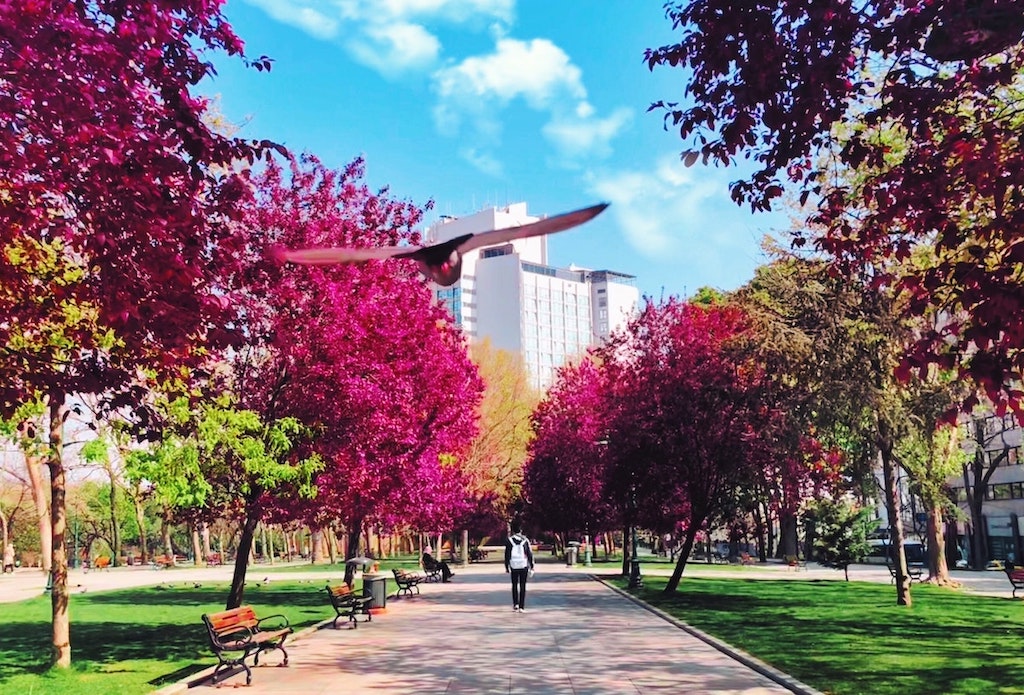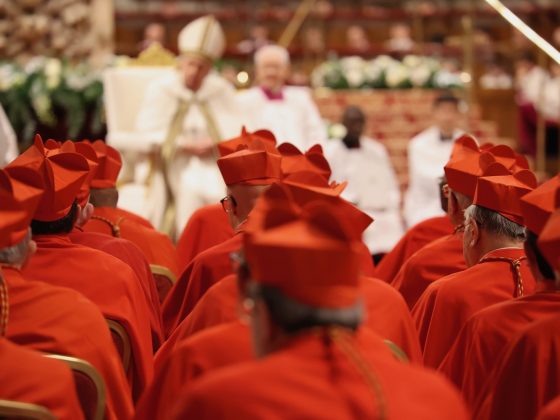Measures to the address COVID-19 pandemic that rely on social distancing and social isolation are placing a huge strain on our communities, our public health systems and our economies. As our cities are grappling with this massive challenge, the role of nature in urban spaces and the importance of connecting people with nature become critical.
Countless studies have shown that spending time outdoors in nature can be good for mental and physical health and wellbeing. It has also been shown to help boost the immune system. General levels of stress and anxiety have increased dramatically since the COVID-19 virus outbreak, so any activity that offers stress reduction and improved health is a gift.
Many people are currently staying home due to the pandemic and will be confined to small areas for much of their day but we shouldn’t forget nature as a key resource during these difficult times.
The most important thing to remember is to follow all recommendations or requirements set by the authorities in your city, town or region. However, if you don’t have symptoms and your city is not in total lockdown, spending time in nature, where people maintain adequate physical distance, can be very beneficial.
Ensuring the safety of our communities and workers is of the utmost importance, but if cities are not in lockdown, they are urged to consider carefully before closing off all natural spaces to their citizens.
— Kobie Brand, Director of the Cities Biodiversity Center and the ICLEI Africa Secretariat
“During this difficult time, cities have an important role to play in providing safe outdoor spaces where people can rejuvenate their bodies and minds” says Kobie Brand, Director of the Cities Biodiversity Center and the ICLEI Africa Secretariat. “Ensuring the safety of our communities and workers is of the utmost importance, but if cities are not in lockdown, they are urged to consider carefully before closing off all natural spaces to their citizens.”
For example, the City of Philadelphia has closed playgrounds and athletic courts but is encouraging residents to take advantage of open parks and recreation spaces to enjoy the benefits of nature. Across the UK, Nature and Wildlife Reserves will also remain open.
However, people who must remain at home and indoors can still get the positive effects from nature by trying some the following:
- Spending time with the windows open to let in fresh air and as much natural light as possible.
- Growing potted plants and herbs in your home.
- Using natural materials to decorate your living space. This could include leaves, flowers, feathers, tree bark or seeds.
- Watching birds from your window.
- Listening to natural sounds, through recordings or apps that play birdsong, ocean waves or rainfall.
All cities critically depend on healthy interconnected ecosystems within and around them. And in times of crisis more than ever, it is important to remember why nature matters in our new urban world.
Wondering how to keep your city on track in protecting and supporting nature? Connect through online networks and platforms, like CitiesWithNature and others, that support and enable learning and action around integrating nature in cities and reconnecting people with nature.
By Michelle Preen
Michelle Preen manages communications for ICLEI Africa and the Cities Biodiversity Center. She has close to 20 years’ experience in the field of environmental communications, most of these within local government, and covering a broad range of environmental issues.
Republished from Impakter.










